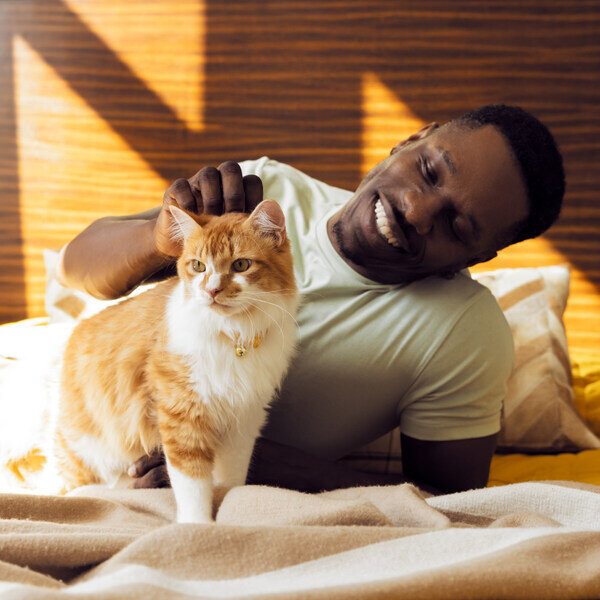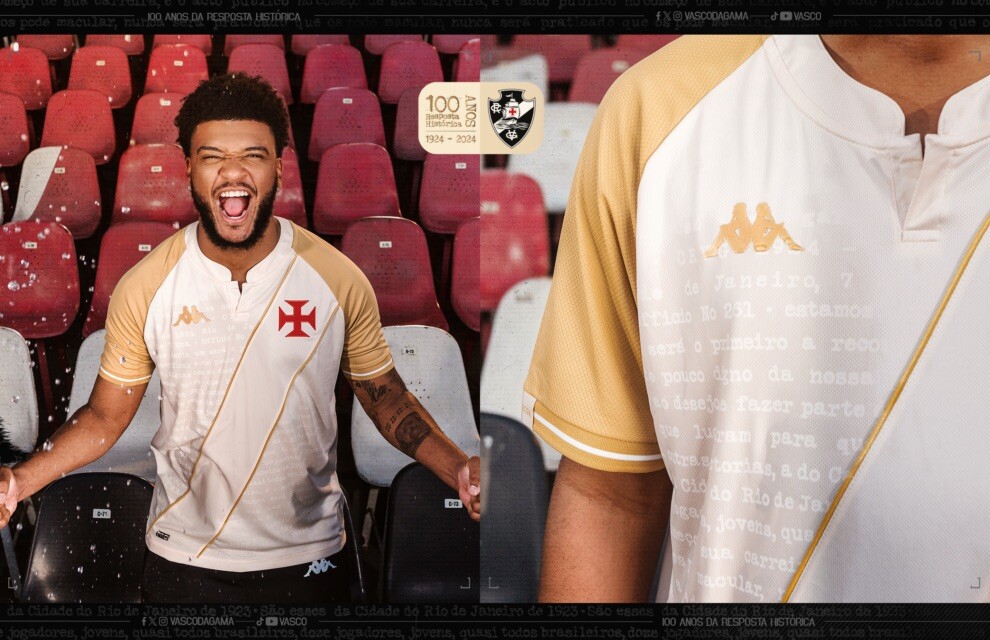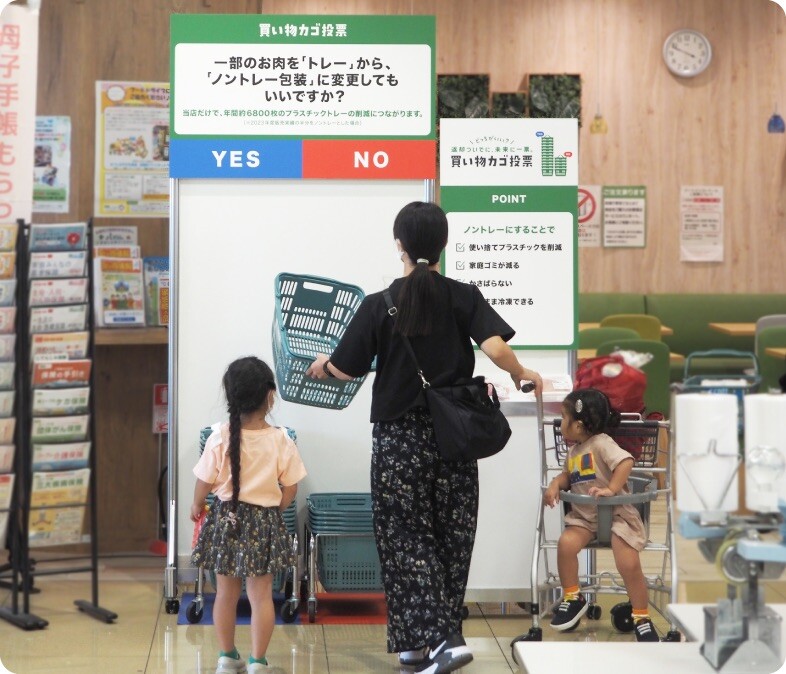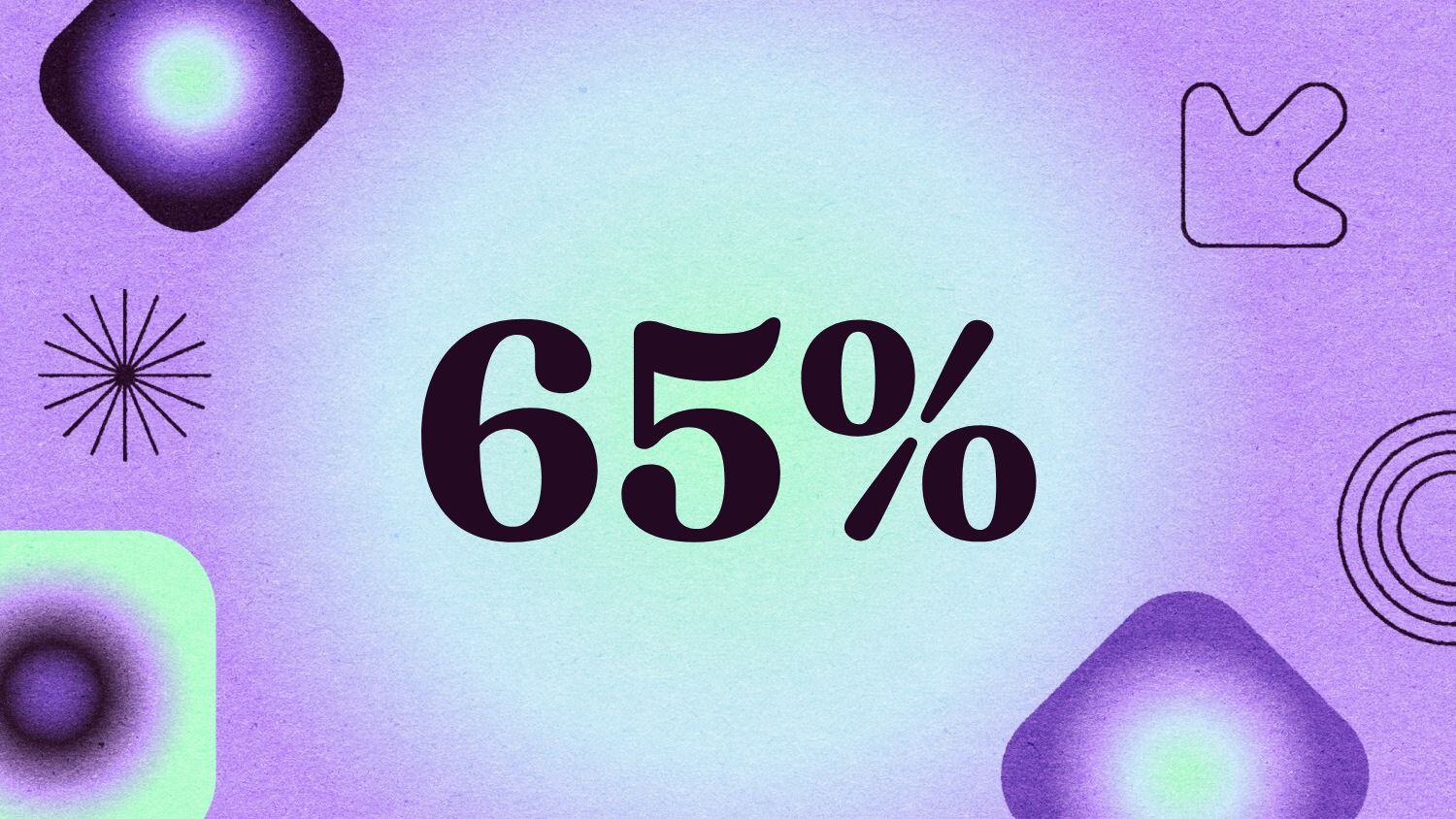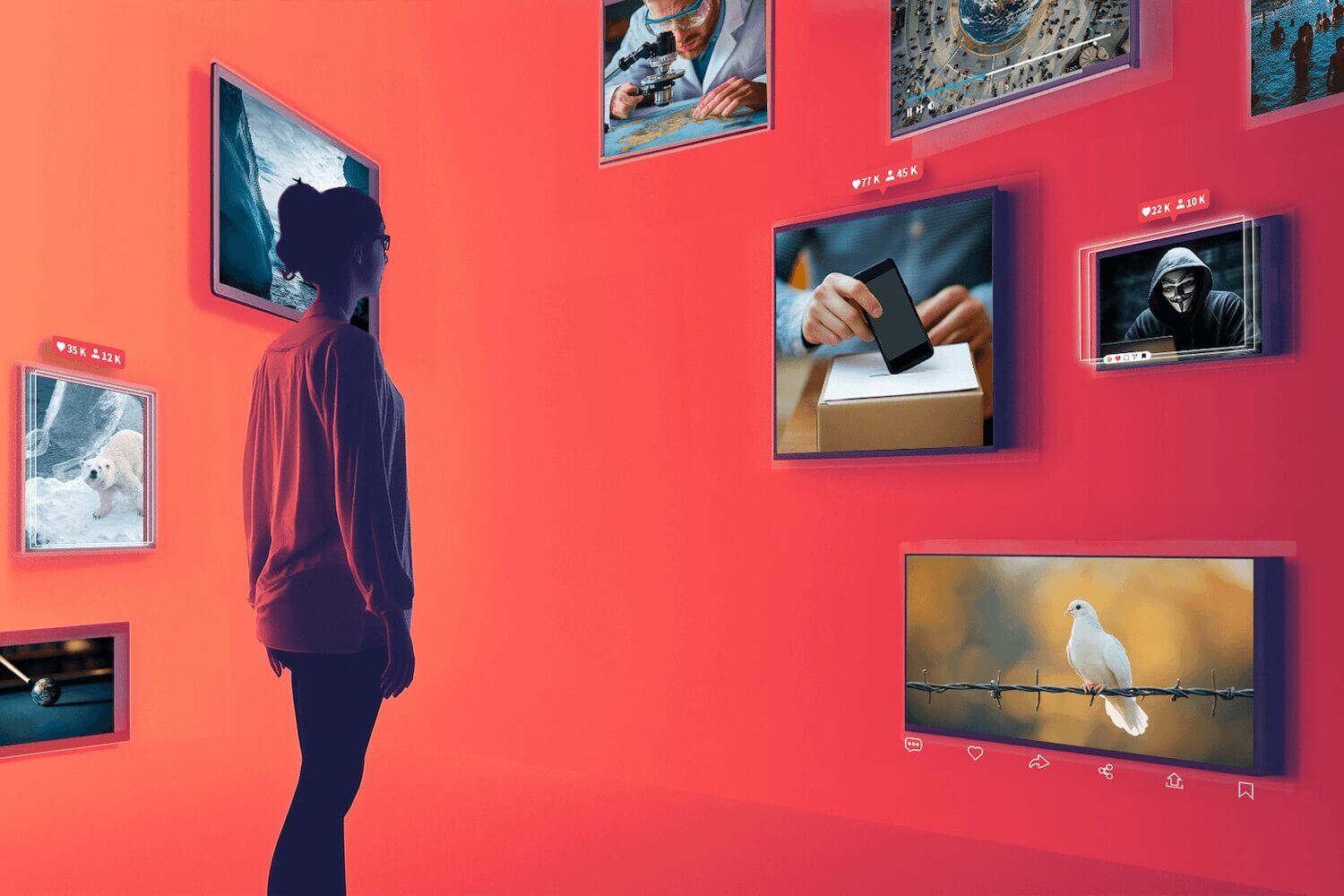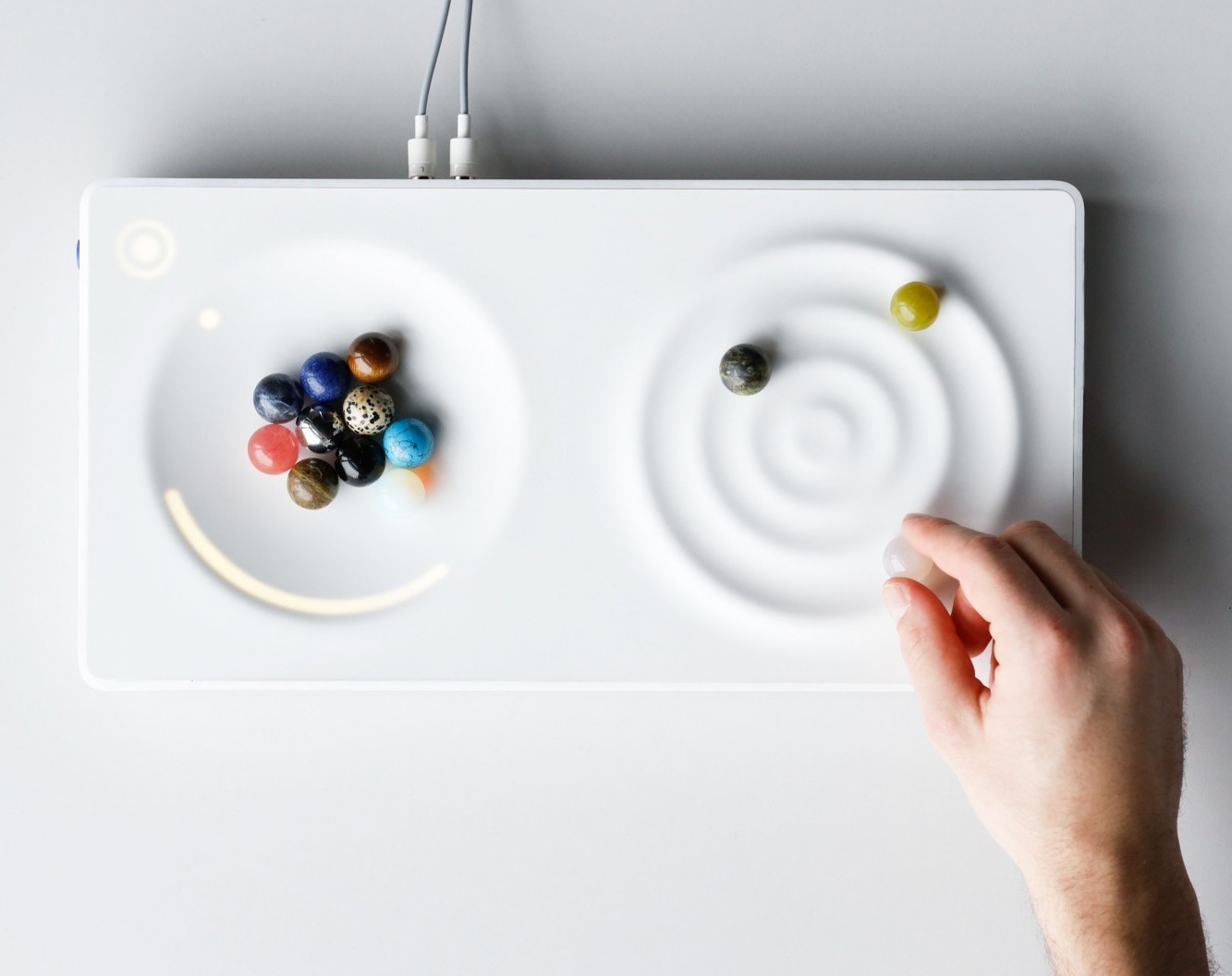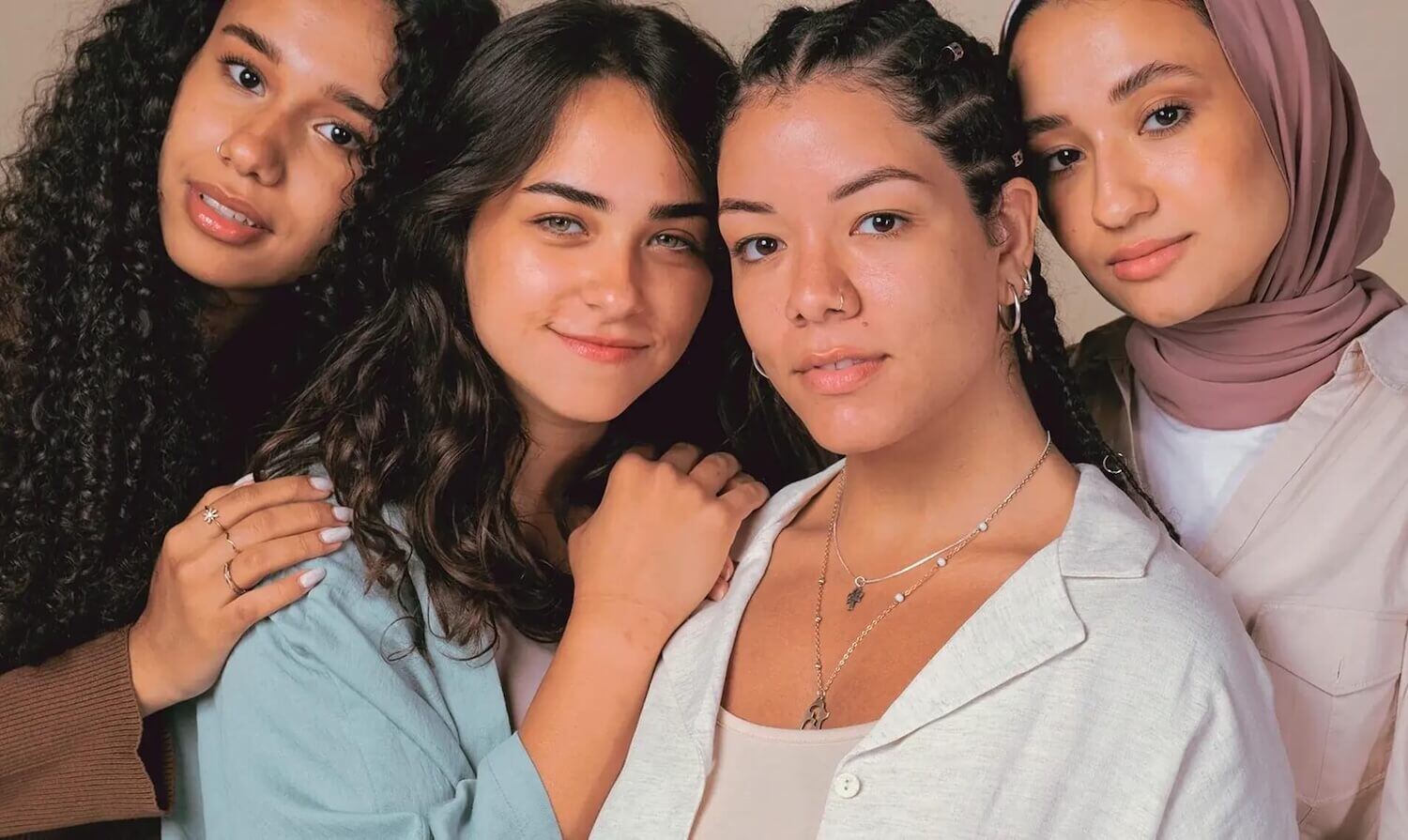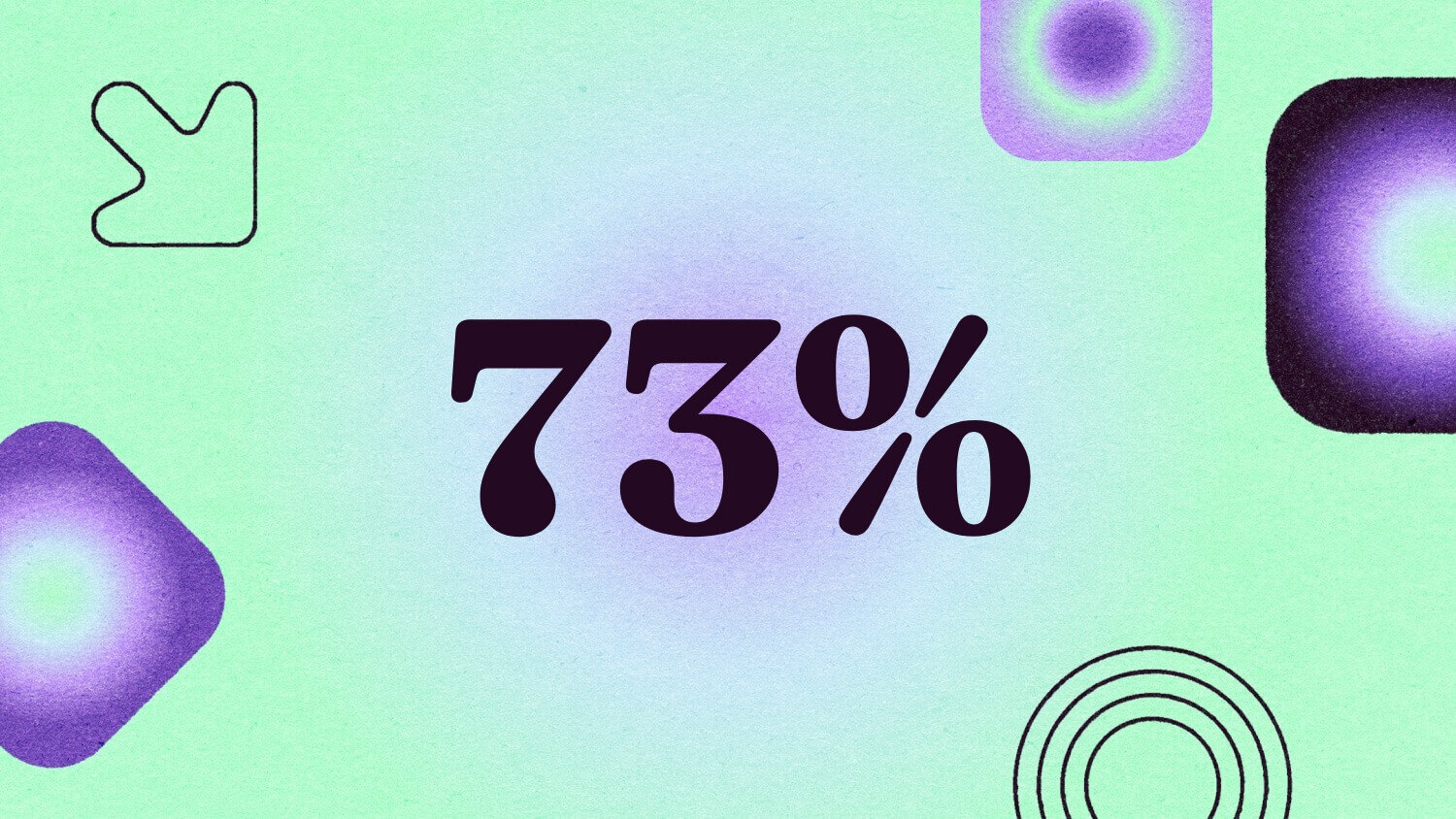Gymshark is addressing a significant but often barrier for Black people aiming to get into the habit of getting physically active: hair. The athletic apparel brand recently opened Twist ’n’ Sets, a pop-up salon and hair supplies shop in London’s Shoreditch neighborhood, after research revealed that 45% of Black women avoid exercise to keep their hairstyles intact. The space offered complimentary hair treatments, styling advice and products from black-owned hair brands like Ruka Hair and TreasureTress, alongside Gymshark’s own sweat-wicking headband designed for curly and coily hair.
While a temporary installation can’t solve systemic inequities in fitness spaces, the initiative demonstrates how brands can take meaningful action by engaging with a specific demographic’s needs. Rather than sidestepping a complex issue, Gymshark created a practical solution that simultaneously validates the experiences of Black women and provides pragmatic support. The pop-up also serves as a blueprint for how other brands — within and beyond the fitness space — can make their communities more inclusive by focusing on overlooked barriers.




